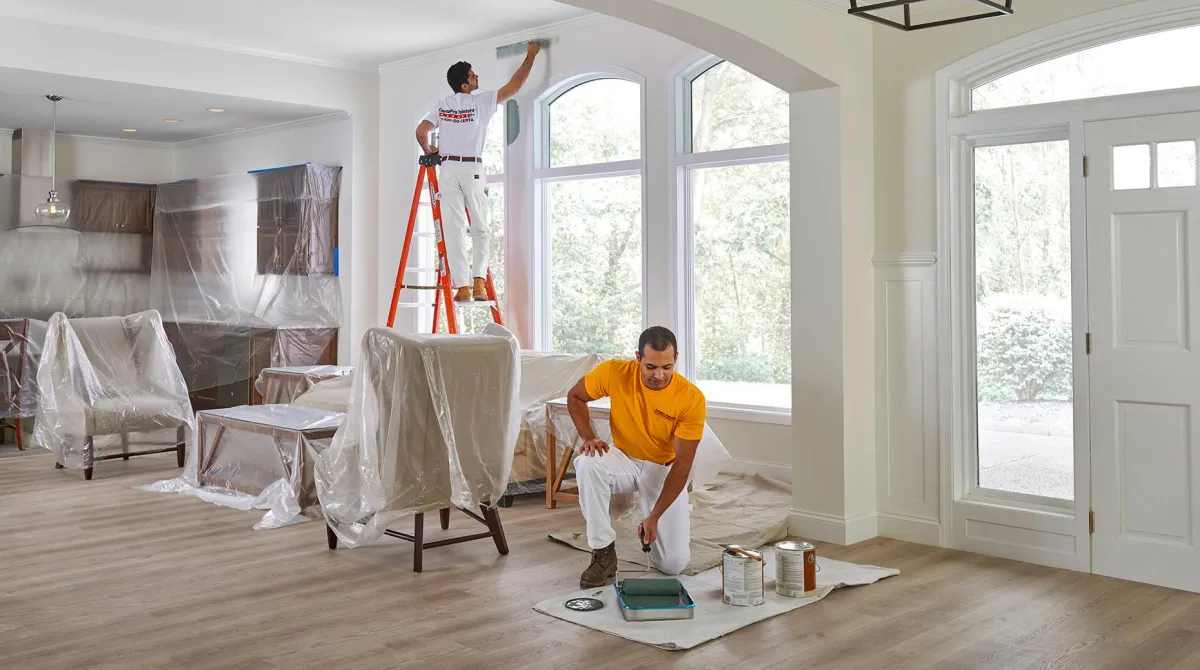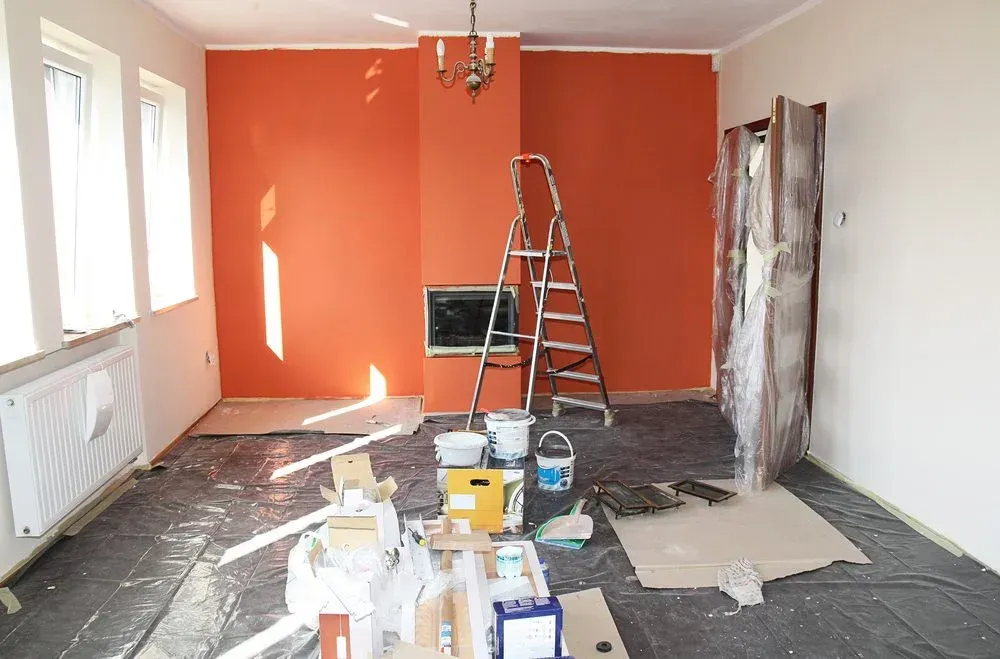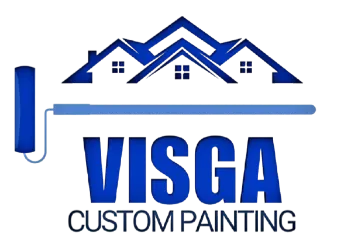
House Painting Preparation Tips in Columbia, TN and Surrounding Areas
Preparing your home before a painting project is crucial to achieving a smooth, long-lasting finish. Homeowners in Columbia, TN, and nearby towns such as Spring Hill, Mount Pleasant, and Lewisburg often underestimate the importance of proper preparation. This guide provides essential tips and answers common questions to help you get your home ready for professional painting, ensuring a beautiful and durable result.
Why is proper preparation important before painting your home?
Proper preparation is the foundation of a successful paint job. It ensures that paint adheres correctly, prevents peeling or bubbling, and results in a professional finish. By addressing surface imperfections, thoroughly cleaning walls, and organizing your space, you reduce the chances of costly mistakes and significantly extend the life of your paint.
How do I declutter and protect my home before painting?
Before painting begins, it is important to remove furniture, decorations, and personal items from each room to allow easy access to walls and ceilings. If moving furniture is not possible, covering it with drop cloths or protective sheets is essential. Floors, carpets, and fixtures should also be protected with plastic sheets or painter’s tape to prevent stains and damage during the painting process.
How should walls be cleaned before painting?
Walls must be completely dust-free and grease-free to allow proper paint adhesion. Using a mild detergent solution is recommended, especially for kitchens or areas with high humidity. After washing, walls should be rinsed with clean water and allowed to dry fully before any painting or priming is applied. Proper cleaning ensures a smooth and uniform finish.
What repairs should be made to walls and surfaces?
Inspecting walls for cracks, holes, or dents is a critical step in preparation. Imperfections should be filled with spackle or joint compound and then sanded smooth. Applying primer may be necessary, particularly on patched areas. For homes in Columbia and surrounding areas, attention to repairs is important due to seasonal humidity and temperature changes that can cause minor surface damage over time.
Why is sanding important before painting?
Sanding helps smooth rough patches and removes old, peeling paint. It creates an even surface that allows the new paint to adhere properly, resulting in a flawless finish. Light sanding of trim, doors refining, and walls ensures that the paint covers evenly and maintains a professional appearance.
Should I apply primer before painting my home?
Primer is essential to achieve a consistent and long-lasting finish. It helps ensure even paint coverage, enhances adhesion to previously painted or repaired surfaces, and blocks stains or discoloration. In homes around Columbia, using primer can also help protect against moisture in bathrooms and kitchens, making the paint job more durable.
How do I choose the right paint for my home?
Selecting high-quality paint is critical for achieving long-lasting results. Homeowners should consider whether the paint is for interior or exterior use, low-VOC or eco-friendly, and moisture-resistant for areas like bathrooms and kitchens. Local painters in Columbia, Spring Hill, and Lewisburg are familiar with regional weather conditions and building materials, so they can recommend the most suitable products for your home.
How can I protect fixtures, trim, and hard-to-reach areas during painting?
Painter’s tape should be applied to edges of trim, door frames, windows, and baseboards to prevent accidental paint marks. Light fixtures, outlet covers, and switch plates should be removed or covered. Ceilings and other high or hard-to-reach areas should be dusted and cleaned, and primer applied if necessary. Covering surrounding surfaces protects them from drips or splatters, ensuring a clean finish.
How does weather and climate affect painting preparation in Columbia?
Humidity and seasonal changes in Columbia, Mount Pleasant, and Spring Hill can affect paint drying times and adhesion. Proper ventilation, controlling moisture, and allowing surfaces to dry completely before painting are crucial for avoiding peeling or uneven finishes. Preparing for these environmental factors helps ensure a long-lasting and flawless paint job.
What final checks should I make before painting?
Before painting begins, all walls should be cleaned, patched, and sanded. Furniture and floors must be properly protected, and trim and fixtures should be covered. Finally, primer should be completely dry. Completing these final checks ensures that the painting process goes smoothly, producing a professional, durable, and visually appealing result.
Final Thoughts
Proper preparation is essential for any successful house painting project in Columbia, TN, and surrounding areas. Cleaning, repairing, sanding, priming, and protecting your home sets the stage for a smooth, long-lasting finish. Investing time in these steps ensures that your home looks refreshed, polished, and beautiful for years to come.

How long does it take to prepare a house for painting in Columbia, TN?
The preparation time depends on the size of your home and the condition of the walls. For a single room, cleaning, patching, sanding, and priming usually takes one to two days. Larger projects or homes with extensive repairs may require several days.
Do I need professional help to prepare my home for painting?
While homeowners can handle basic prep like decluttering and cleaning, professional painters bring expertise in repairing surfaces, sanding, and priming. Hiring local painters in Columbia, Spring Hill, or Mount Pleasant ensures your home is properly prepared for a flawless, long-lasting finish.
How can I protect furniture and flooring during painting?
Remove as much furniture as possible or cover it with drop cloths. Use plastic sheets or painter’s tape to protect floors, rugs, and fixtures. Proper protection prevents paint splatters and makes post-paint cleanup easier.
Is primer necessary before painting interior walls?
Yes. Primer helps paint adhere better, provides a uniform finish, and blocks stains or discoloration. In areas with moisture, such as bathrooms and kitchens in Columbia homes, primer also adds a layer of protection against peeling and mildew.
What kind of paint should I use in high-humidity areas?
Moisture-resistant or mildew-resistant paints are ideal for bathrooms, kitchens, and laundry areas. Low-VOC or eco-friendly paints are also recommended for healthier indoor air quality.
Email: [email protected]
Phone: 615-265-0928
Address: 409 Lynda Lee Ln, Apt A, Columbia, TN 38401
